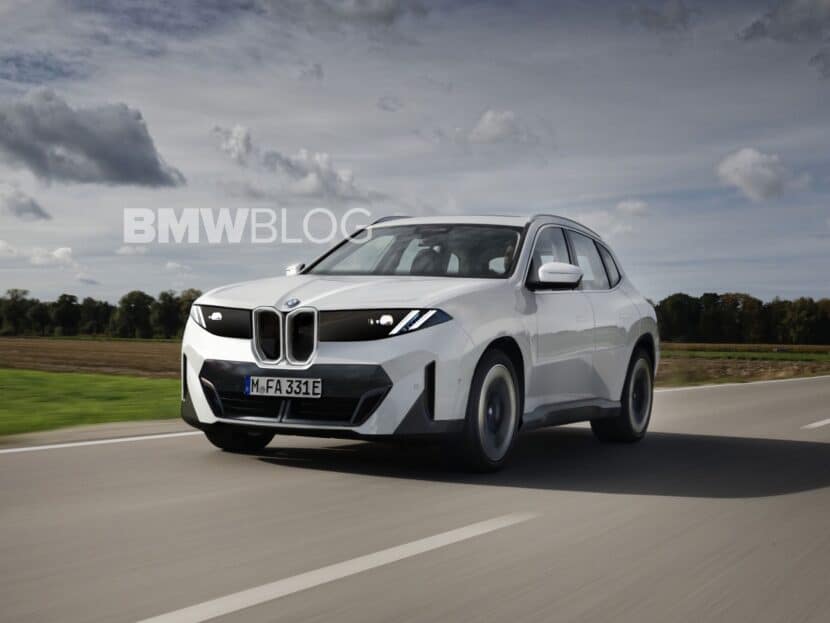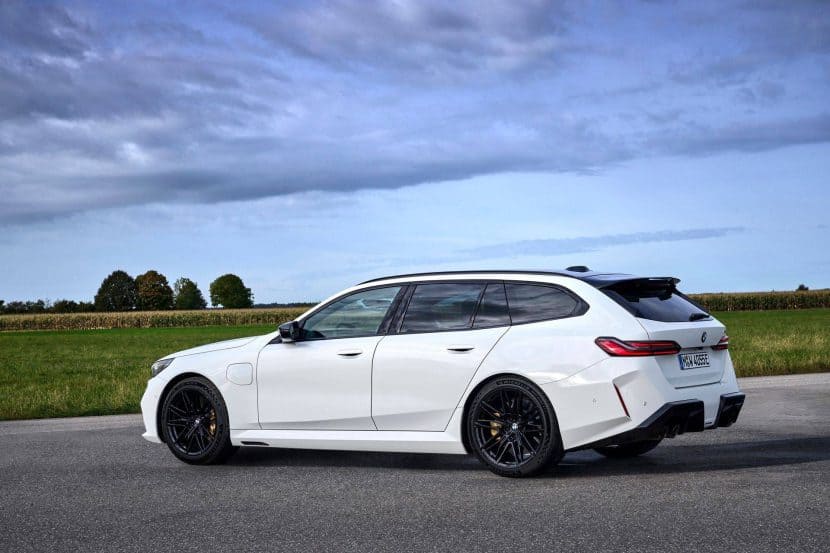
Battery replacement costs are among the concerns skeptical EV buyers list, but they are falling much faster than most expected. The pace of advancement in technology and improvements in manufacturing techniques have pushed the price of battery packs down by 20 percent in 2024.

BloombergNEF’s annual battery price survey found that EV battery pack pricing dropped to $115 per kWh this year, marking the most significant decrease in the last seven years. More aggressive production, cuts in material prices, and less expensive battery chemistries are credited with the improvement. Even more promising is the projection that battery prices could fall below the $100-per-kWh mark as soon as 2026 and as low as $69 by 2030.
One thing that could complicate the situation – as it often does – is buyer demand. Producers in China are cranking out battery cells at a dizzying pace as EVs become more popular. That volume has suppressed prices, but the market is approaching an overproduction situation, where more batteries are available than are needed for EV manufacturing.

However, if demand slips, battery producers could slow output, and the resulting decrease in available inventory could push prices back up. President-Elect Trump is expected to nix the $7,500 tax credit, which could temper demand here, and he’s also threatened steep tariffs on Chinese goods. While Chinese batteries are already excluded from federal tax credits, vehicles can still qualify for half if they meet other criteria. A broad tariff on Chinese imports would make many other automotive components more expensive.
[Images: GM, Tesla]
Become a TTAC insider. Get the latest news, features, TTAC takes, and everything else that gets to the truth about cars first by subscribing to our newsletter.
Source: The Truth About Cars


